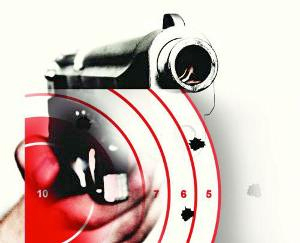Ahmedabad/ New Delhi, Sep 18: At least one Indian fisherman was killed in firing off the Gujarat coast today, the Indian Coast Guard said, even as the local fishermen association blamed the Pakistan Maritime Security Agency (MSA) for the attack.
"One fisherman was killed in the firing today morning on a boat off Gujarat coast. Our team has rushed to the spot," a senior Coast Guard official said.
Asked about the alleged involvement of Pakistan's MSA, the official said a probe is underway and it would be premature to draw any conclusion at this stage.
The firing took place near the International Maritime Boundary Line(IMBL), Secretary of National Fishworkers' Forum (NFF) Manish Lodhari said.
"We learnt from the fishermen that several rounds were fired on the boat near IMBL at 9:00 AM. The fishing boat has been registered in Okha (about 500 km from Gandhinagar). A fisherman named Iqbal (40) has been killed in firing," he said.
"Iqbal was among six fishermen on the boat that had ventured into the sea from Okha port in Devbhoomi Dwarka district," Lodhari said.






Comments
Add new comment